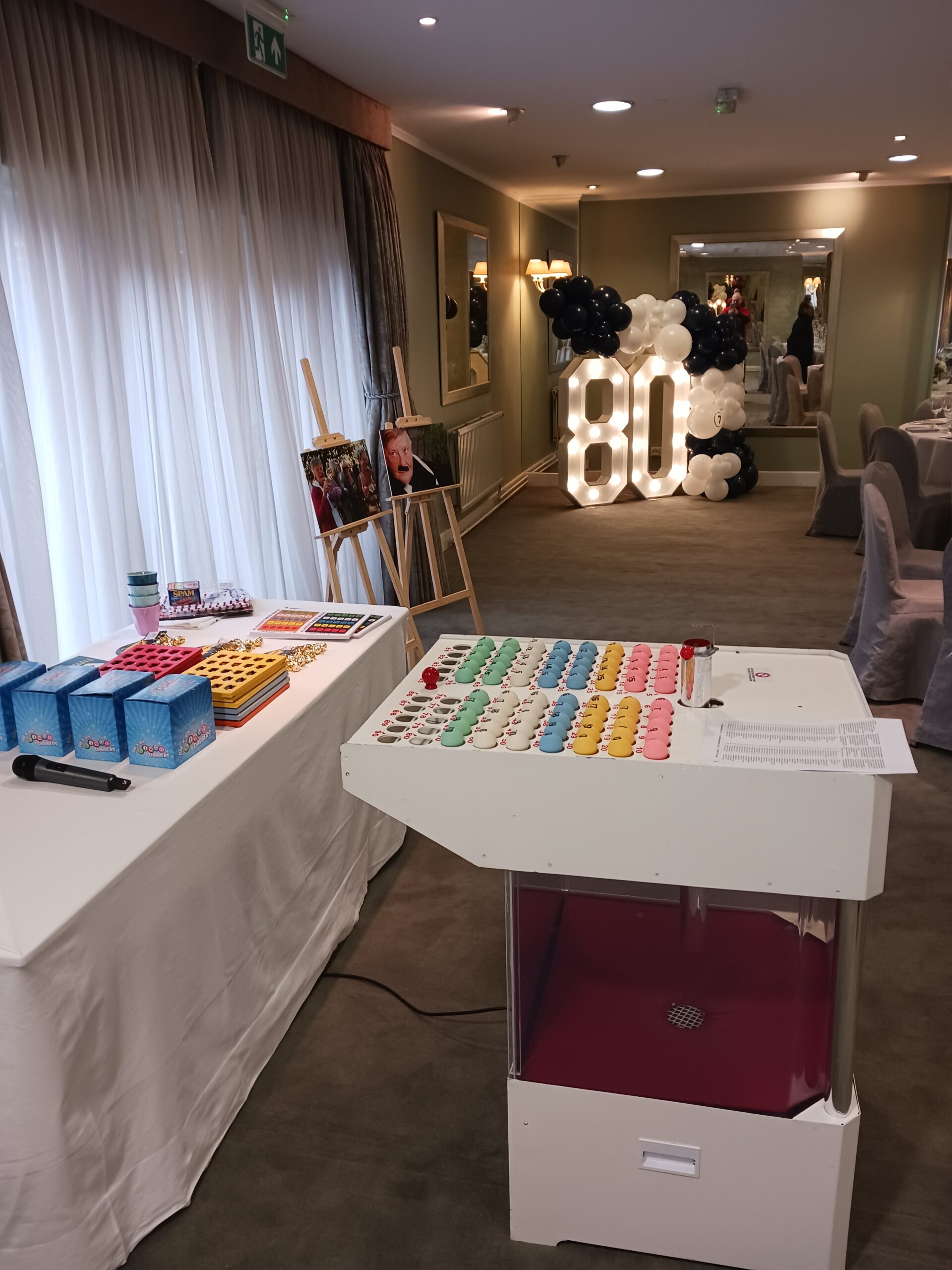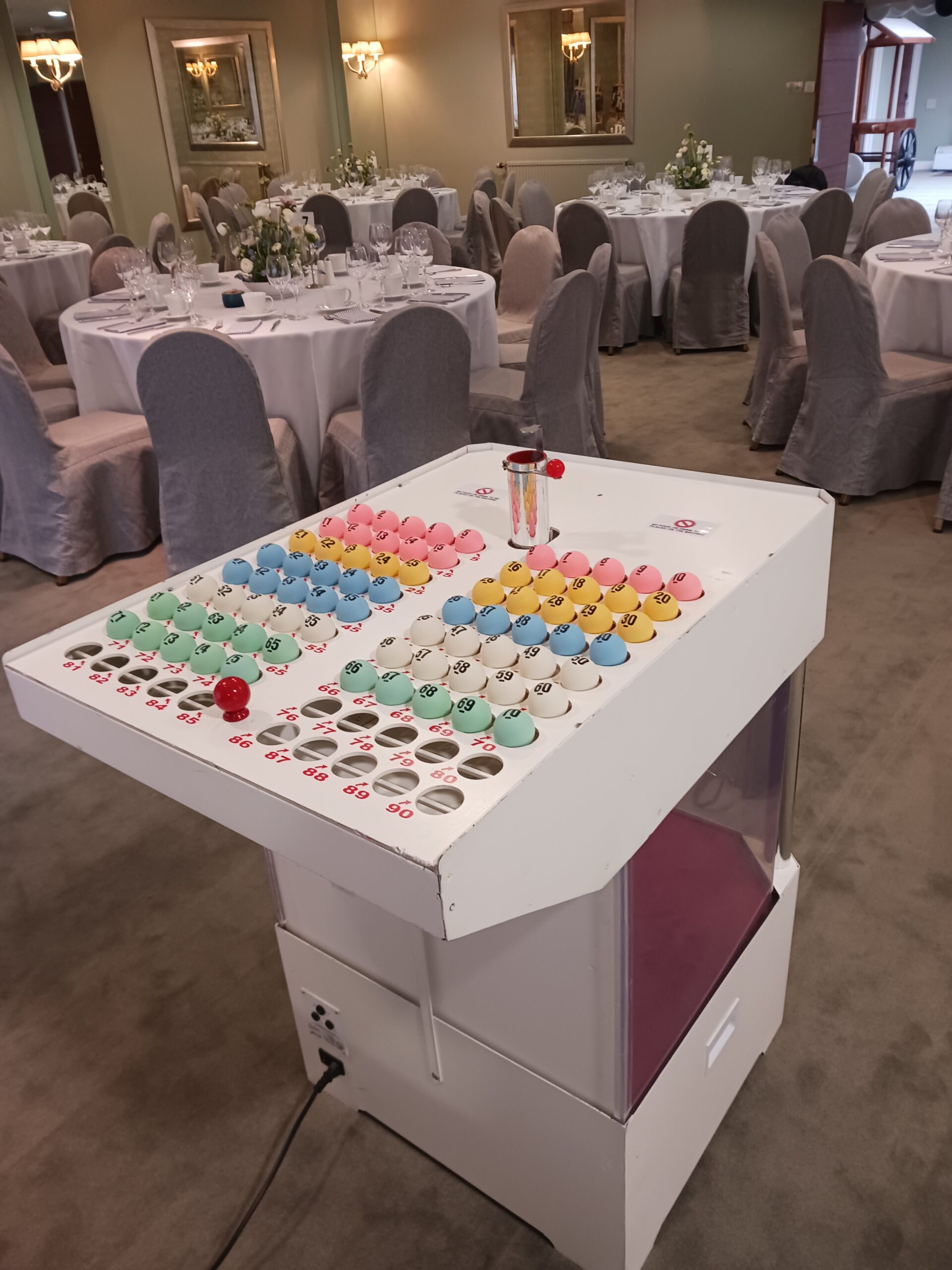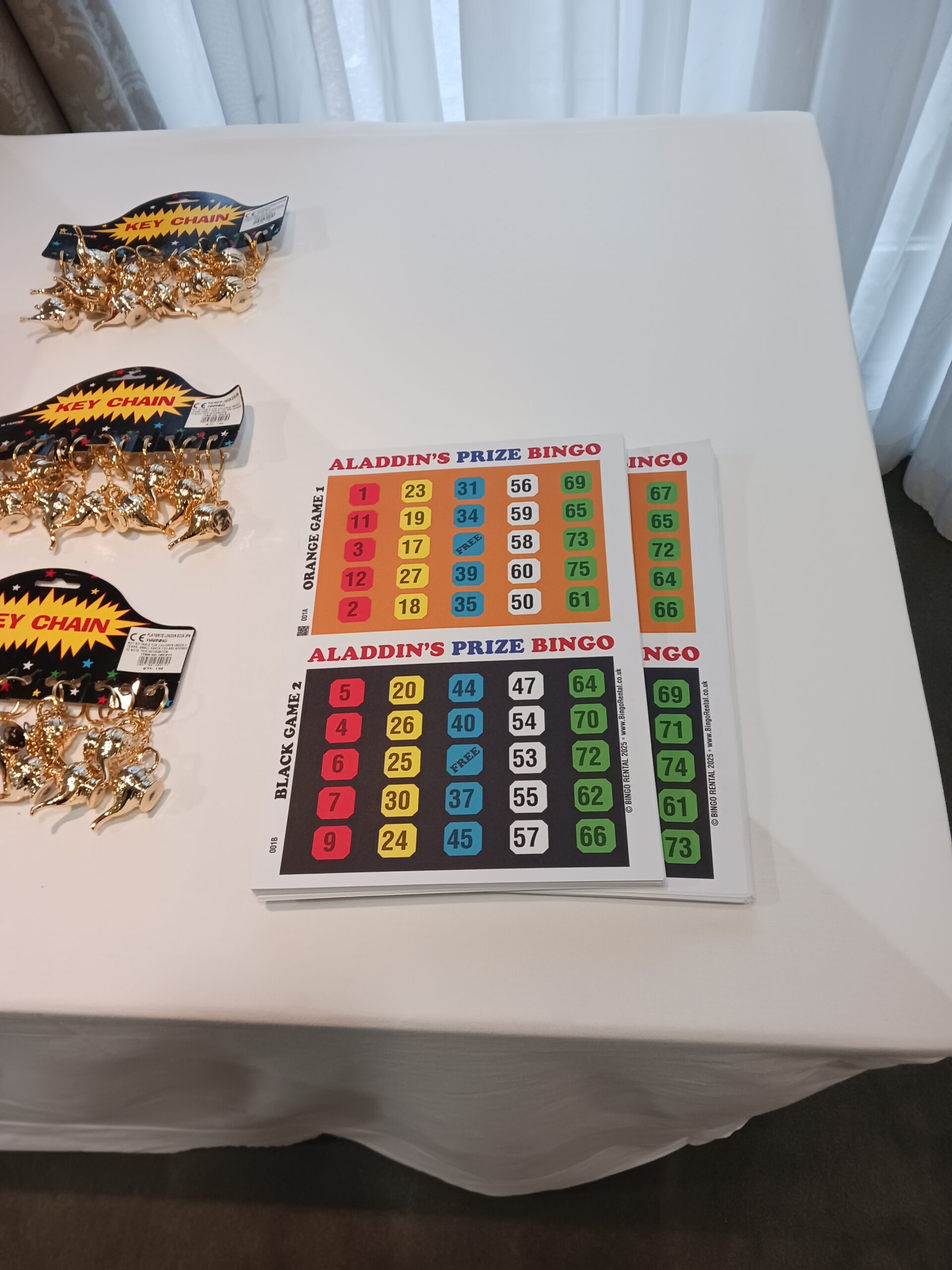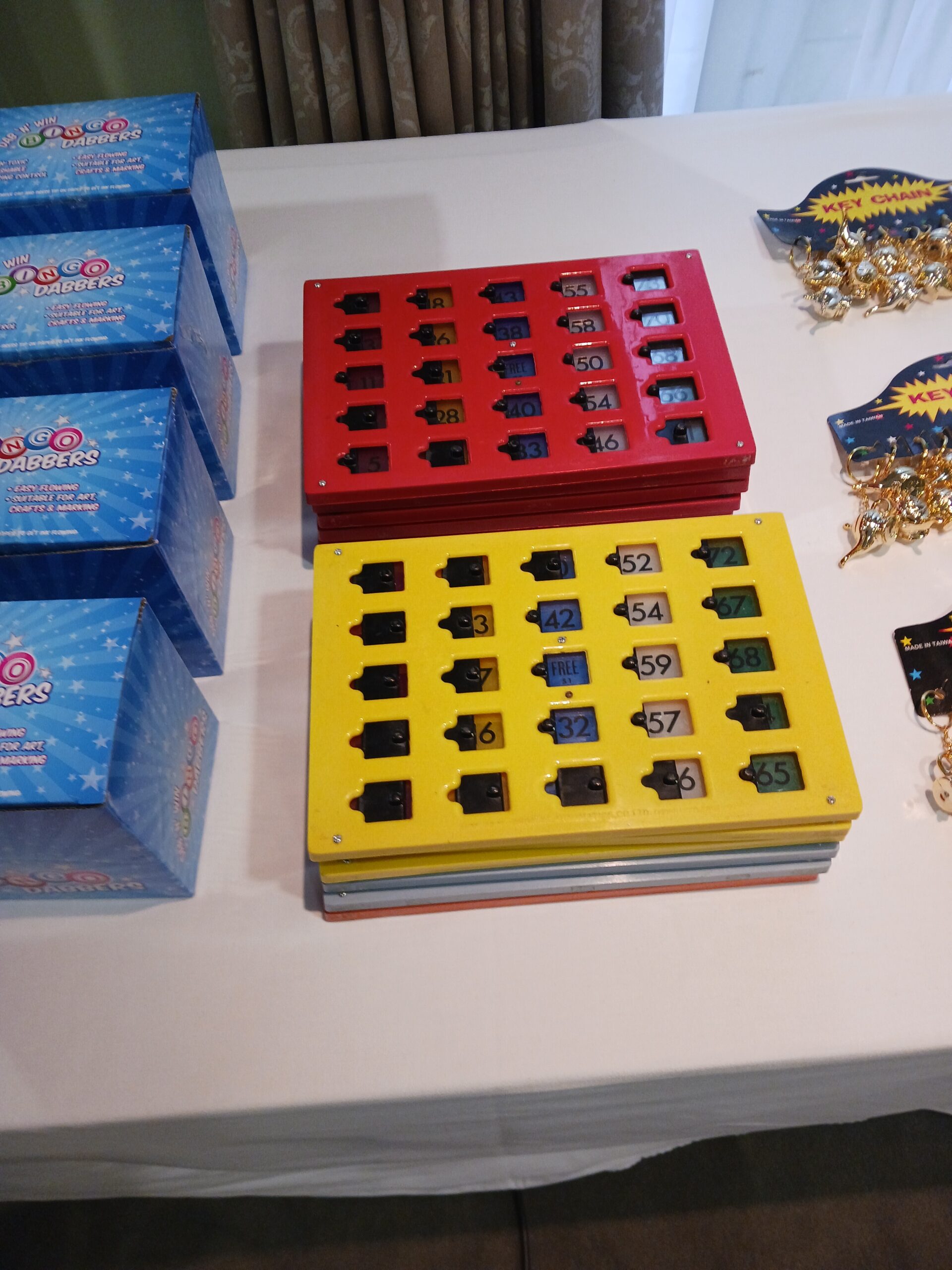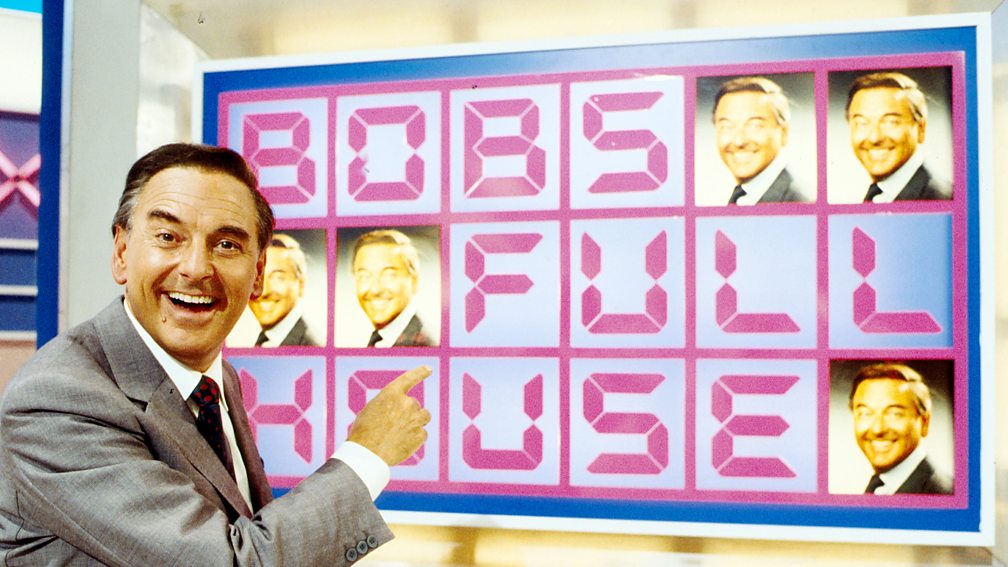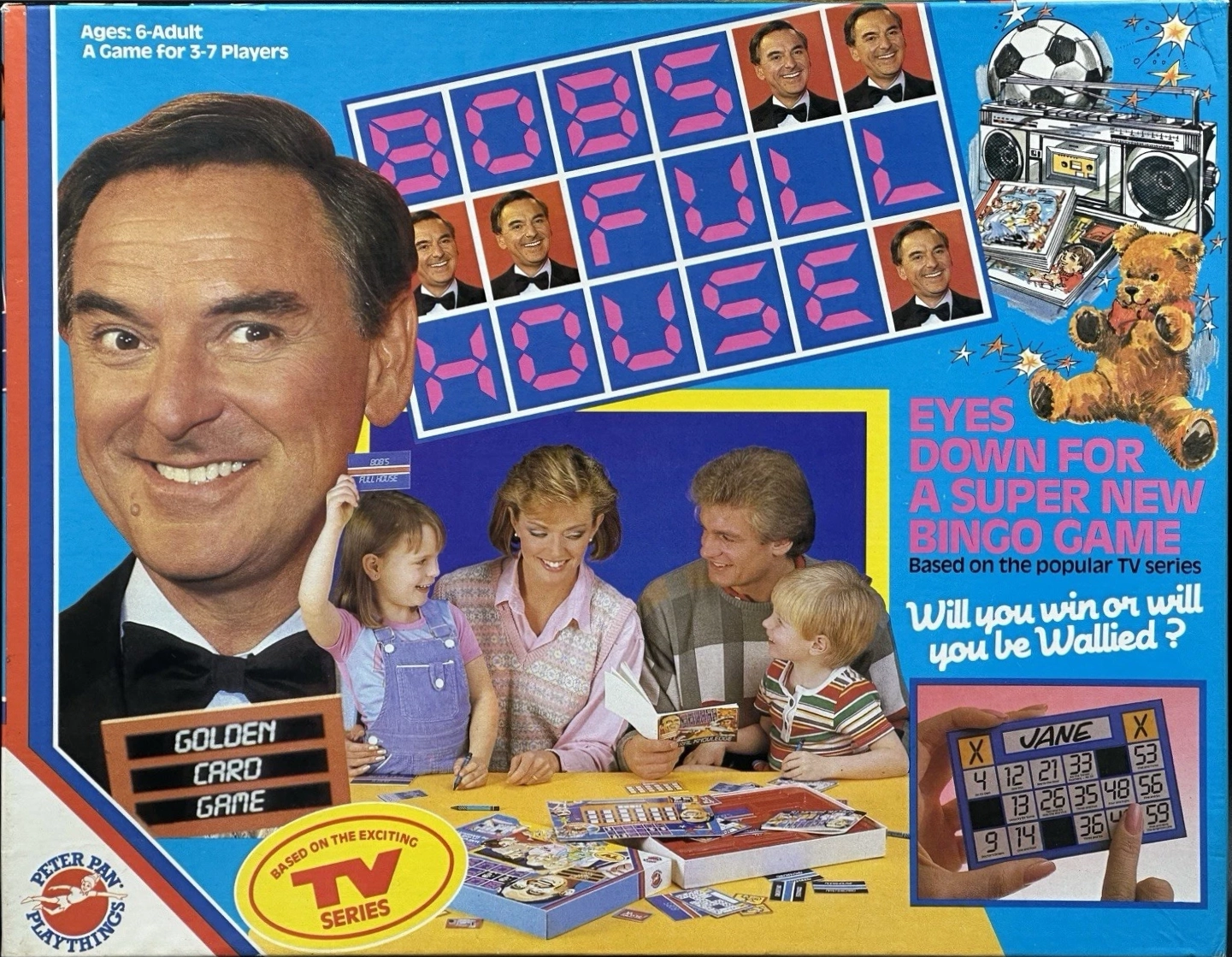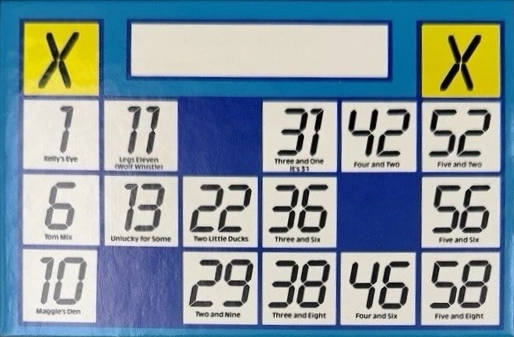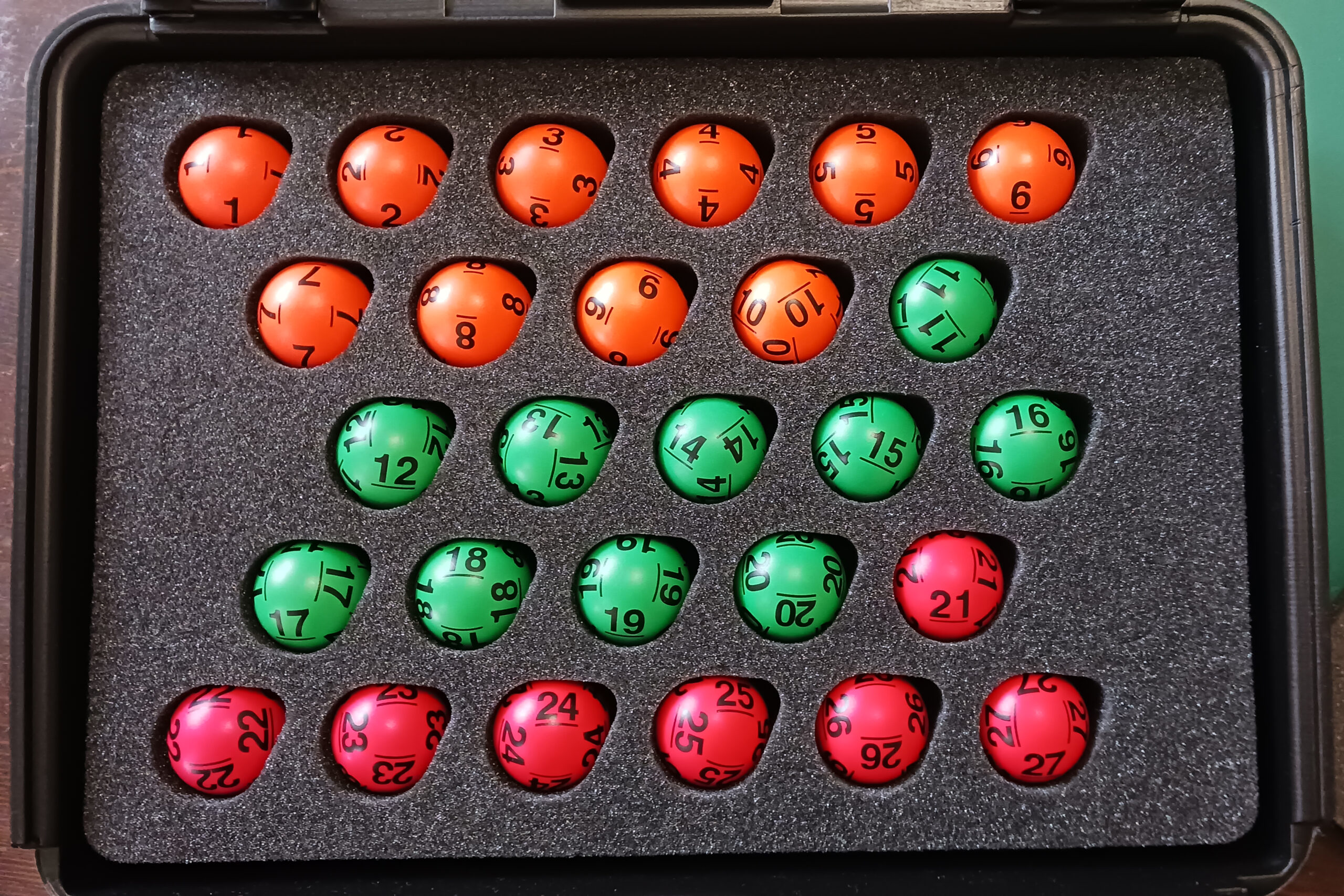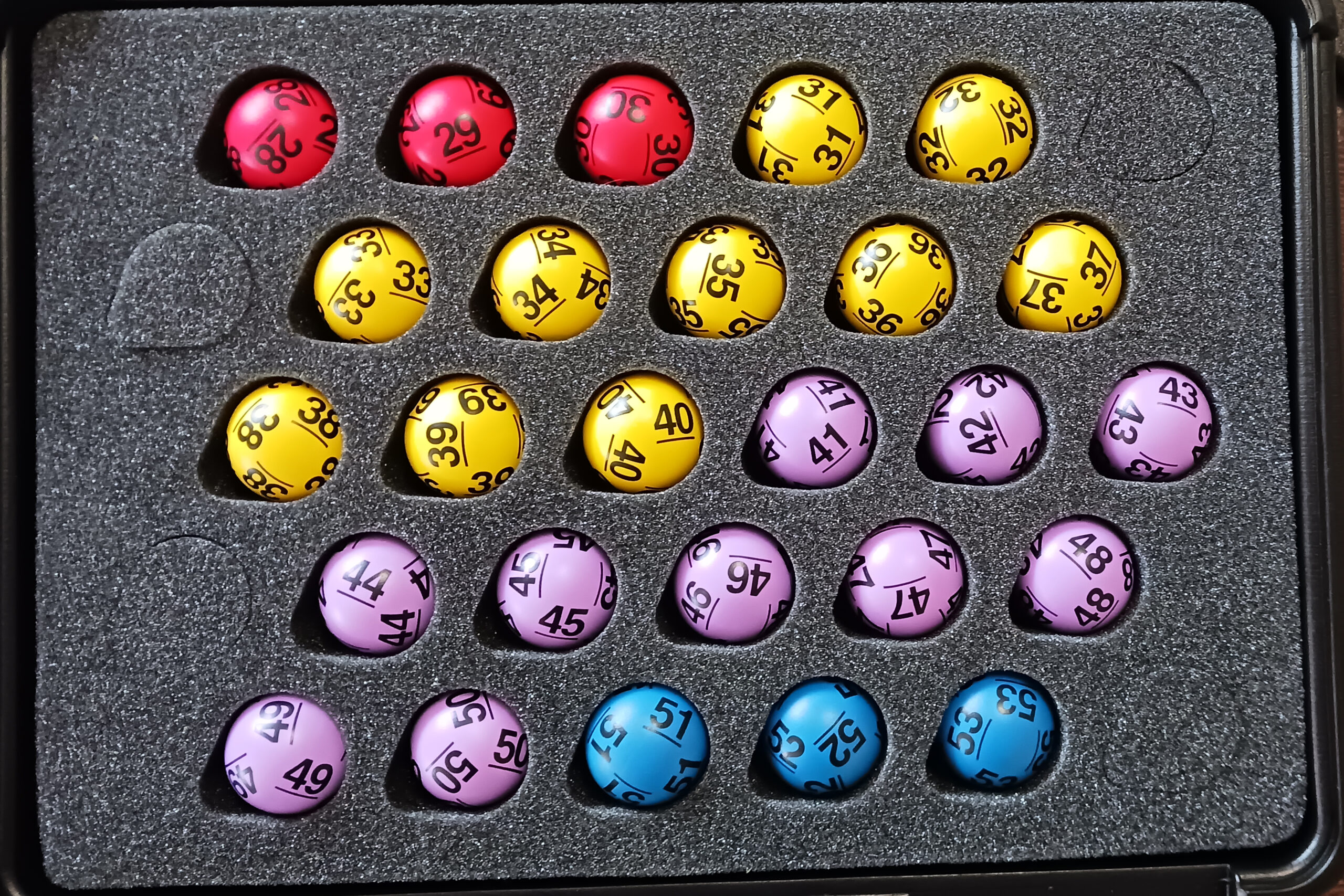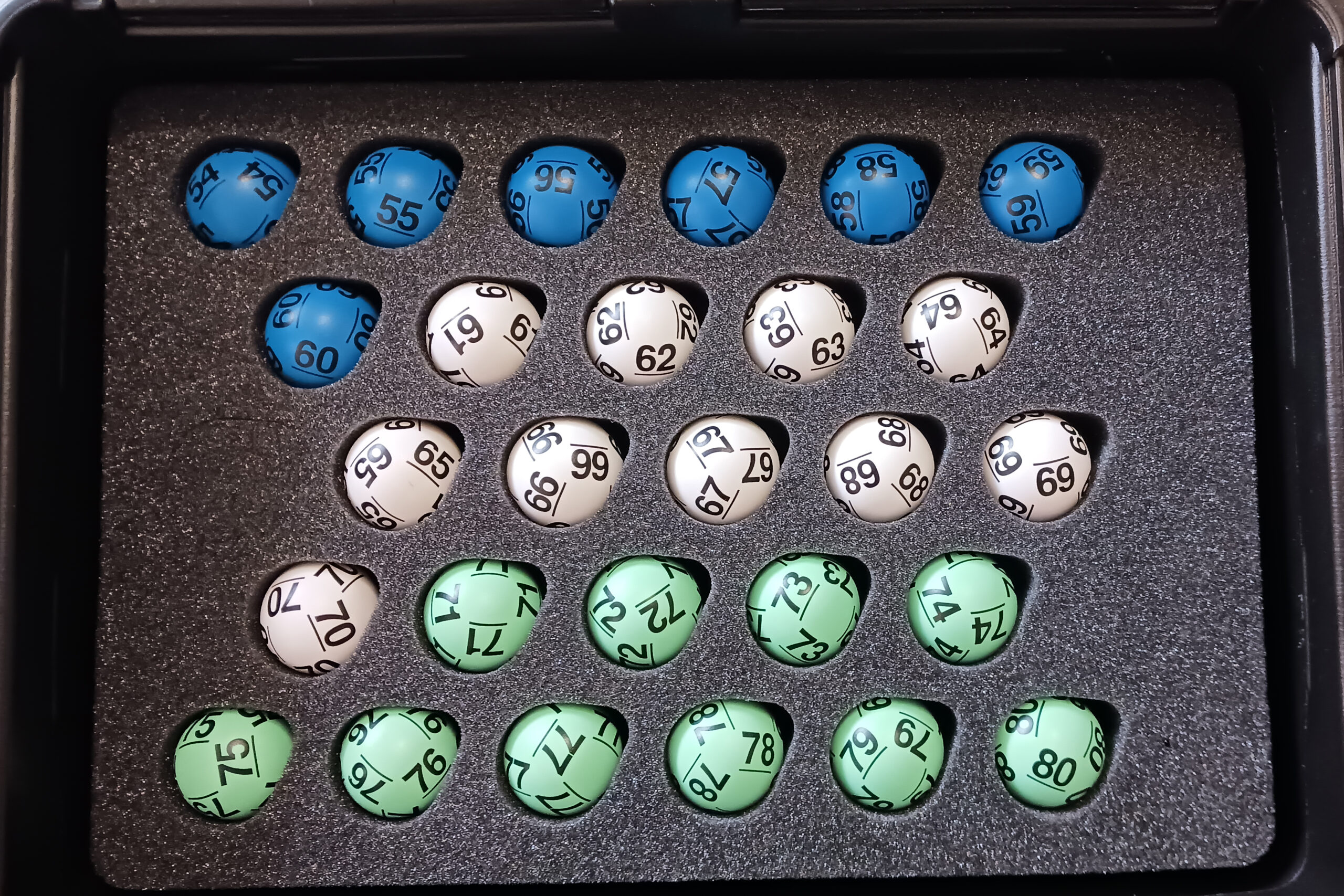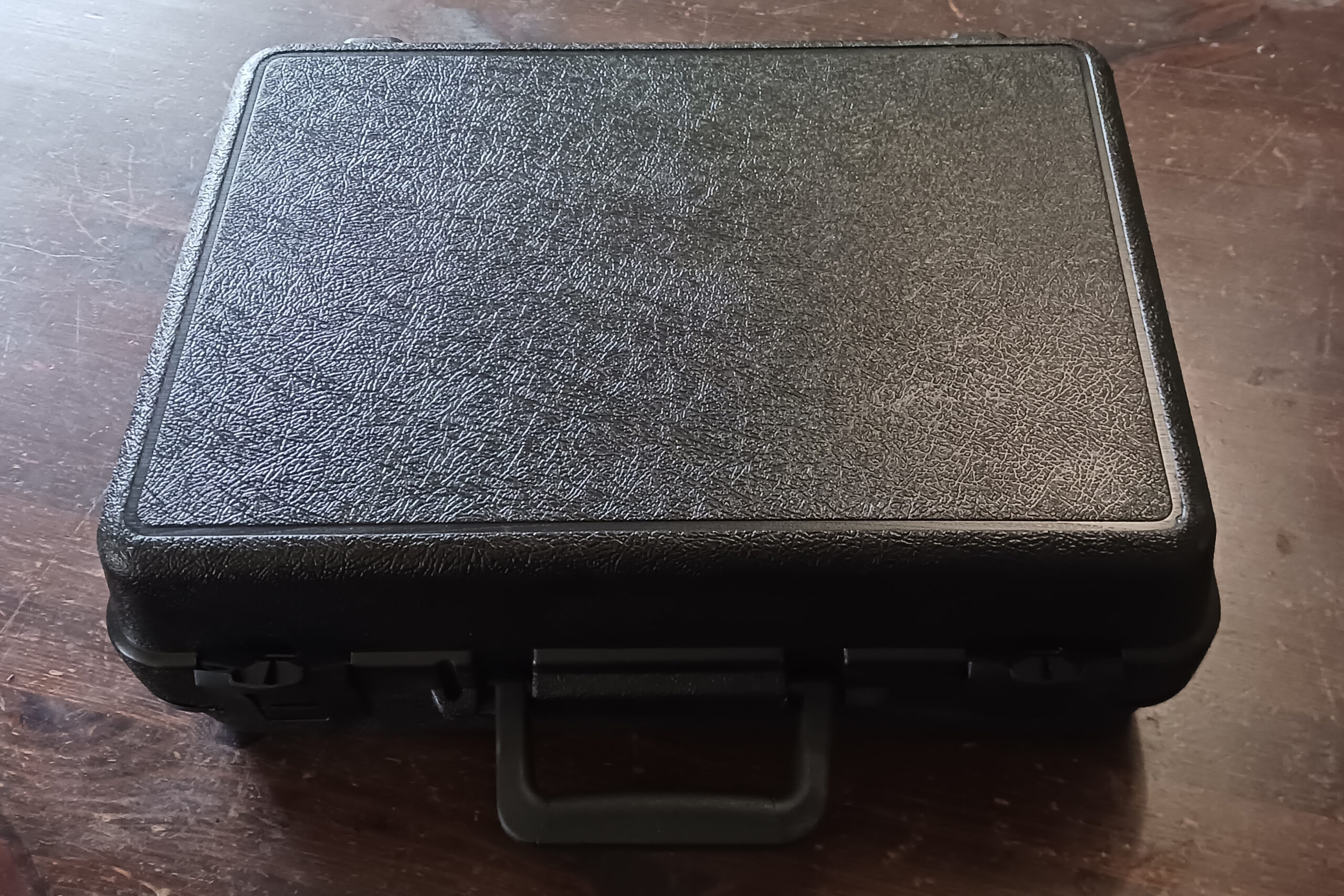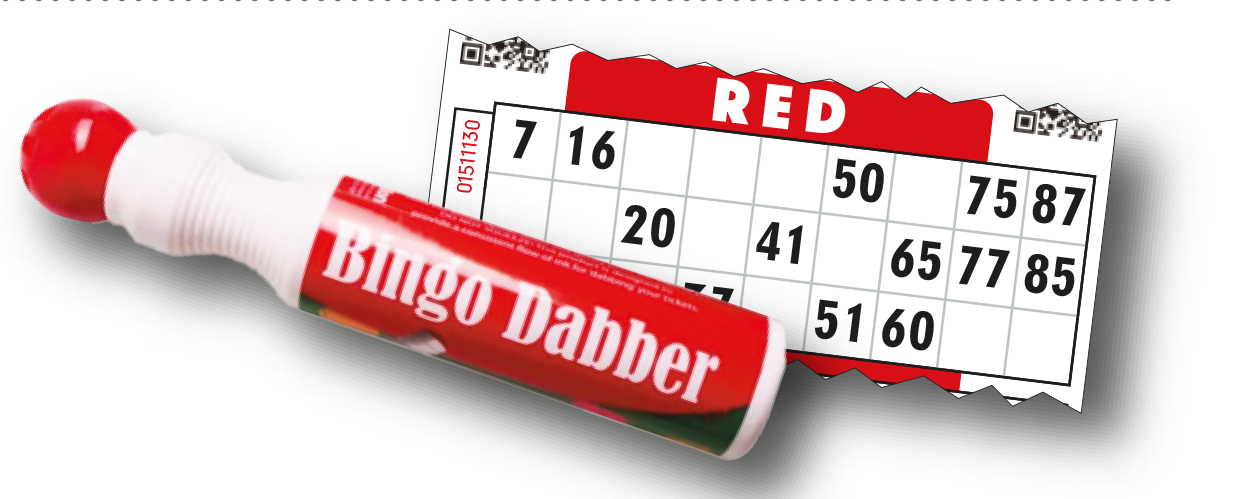Mrs V’s 80th Birthday
Question: What do you do to celebrate your mum's 80th Birthday? Answer: A surprise Bingo Birthday party! But then the mum in question did run a seaside bingo arcade for many years. But it can't be any old bingo event; it has to match the style and feel of the old bingo arcade. Traditionally, seaside bingo uses either 75-number or 80-number bingo games, not the more usual 90 games you get in bingo halls. Could Bingo Rental help? Absolutely. Here is what we did: Aladdin's Prize Bingo in Brighton used 75-number bingo, so first we designed bingo tickets to match the old style they had in the arcade. We created a four-game sheet with two games on [...]
Bobs Full House
Bob's Full House was a bingo-based British TV game show hosted by Bob Monkhouse, which aired on BBC One from September 1984 to January 1990. Rather than 90-number bingo, the show was based on a 60-number game, but still had 15 numbers for a full house on a three-by-six bingo card (90-number bingo used a three-by-nine card). Unlike 90-number cards, which have the numbers one to nine in the first column, BFH had one to ten in the first column. Bob's Full House 1st Column - 1 to 10 2nd Column - 11 to 20 3rd Column - 21 to 30 4th Column - 31 to 40 5th Column - 41 to 50 6th Column - [...]
Lottoland Advert
New Lottoland Advert It's just after 11 am and I'm at the Apple Store in Newcastle on a School trip with my son's class. I step out to take a call... "Do you have lottery balls?" "Yes, we have several professional sets. We can ship them to you, too. When and where do you need them?" "We need them today, in London. We fly off to Kosovo for filming early tomorrow morning. Can you deliver them today?" "Yes!" And two hours later, I was driving to London with one of our new sets of Lottery Balls. Imagine This Creative Studio needed the balls for a Lottoland advert. Our new sets are verified balls and come with a [...]
WWI Bingo Game
https://youtu.be/a3zygaNgOfU?si=McO6p0CEozrRVahZ A very old bingo game from sometime around the First World War, made by East Hull Press. If you know anything about East Hull Press let me know in the comments
Bingo is the Perfect Tool for Training
Compass Group, One Retail, annual managers’ conference use The Monet Bingo Machine to break up their day and raise much-needed cash for the Alzheimer's Society. According to research, playing bingo requires concentration and listening skills, and by exercising these, you sharpen your cognitive abilities. The game can help you improve your business events and training. Bingo is a brilliant educational tool. In fact, for over 150 years, we have used it as a teaching tool. If you have kids, I bet you have a bug, animal, or picture-based bingo game amongst their toys. There is a very good reason for that: it is a fun way to learn and reinforce knowledge. But on a deeper [...]
90 Number Bingo Tickets Explained
Each ticket or House has three rows and nine columns with 15 numbers and 12 spaces. Five numbers per row. Tickets are usually printed six-up on a sheet, sometimes 12. A strip of six has all numbers 1 to 90 (15 numbers per house x 6 = 90). So a strip of 12 tickets has all the numbers twice. The first column has the numbers 1 to 9, The second column 10 to 19, The third 20 to 29, The fourth 30 to 39, The fifth 40 to 49, The sixth 50 to 59, The seventh 60 to 69, The eighth 70 to 79 And the final ninth column has the numbers 80 to 90. Once you understand [...]

